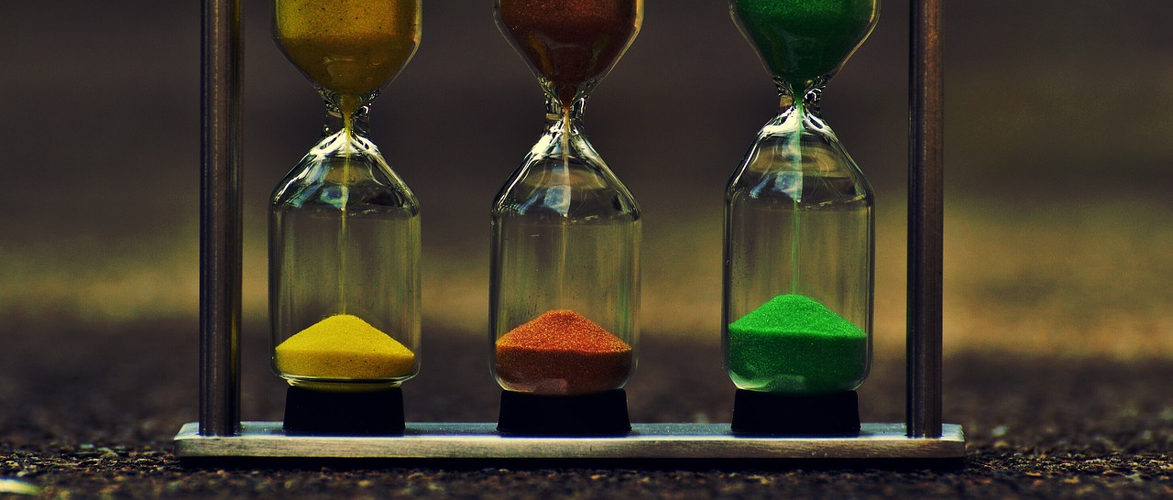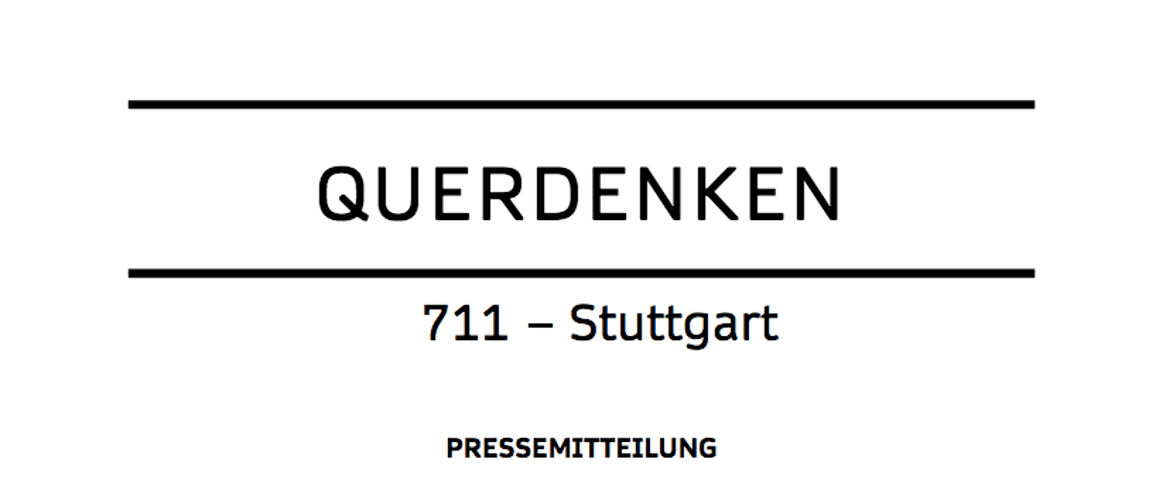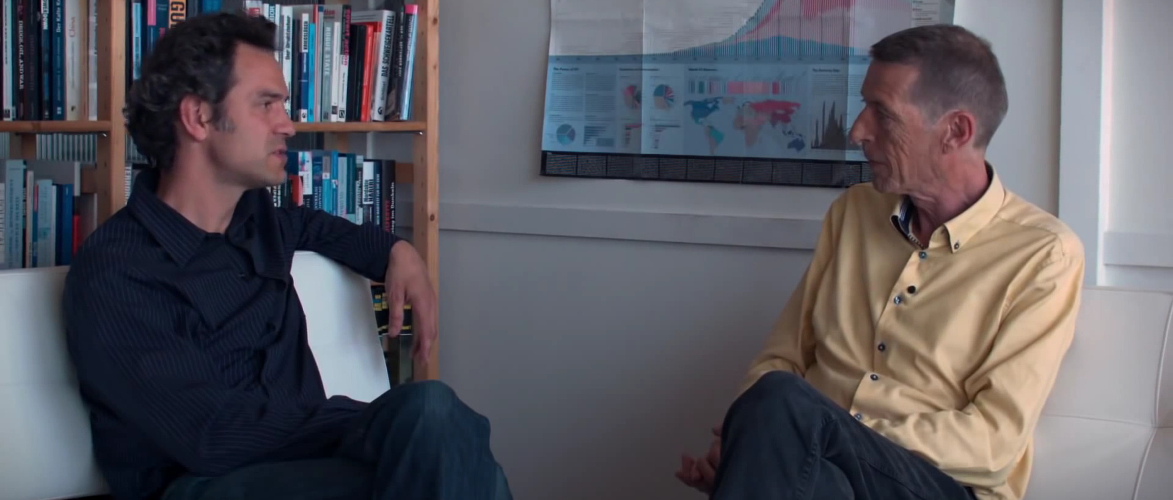Note on the publication: This text first appeared in “Rubikon – Magazin für die kritische Masse” (Rubicon – Magazine for the Critical Mass), where Daniele Ganser and Rainer Mausfeld, among others, are active members of the advisory board. Since the publication was made under free license (Creative Commons), KenFM takes over this text in the secondary use and explicitly points out that the Rubikon is also dependent on donations and needs support. We need many alternative media!
A boarding school student reports how rapid tests and mandatory masks at schools create devastating social pressure.
By Henriette Kabisch.
School is a place of interaction, free exchange, social community and learning for life – that’s the theory. But the reality in Germany is quite different. For many young people, school is above all a place of pressure to perform, devaluation, the first experience of exclusion, bullying. According to a DAK study, one in three students suffers from depressive moods (1).
This tendency has intensified since schools have also become the scene of Corona repression: Suddenly, the hardened hierarchical structures among students and teachers are joined by “anti-corona measures” – and with them a powerful wave of social pressure. Instead of having a calming and enlightening effect, many schools promote an unhealthy black-and-white way of thinking that brands any questioning as a threat and suffocates critical discourse right at the beginning. A boarding school student shares her own experience of how extensive this exclusion can be.
The word “corona” triggers something in all of us. Fear, despair or panic seem to have had a grip on people for the past year – including myself. But not because I’m panicking about the virus, no, I’m afraid of the social division and the sometimes very extreme action against government critics. It seems as if the world is spinning faster and faster.
We look into the future with uncertainty and no one can assure you what will be in a few days, let alone in half a year. This uncertainty and overload is reflected more and more in our society.
Over the past year, I have become more and more critical. My classmates would probably label me an ignorant “Corona denier” by now.
Neither do I wear a mask nor do I get tested three times a week at school.
So, very clear case: I’m putting the health of my entire school at risk. At least that’s what many people think. It already started in the summer. Although many young people didn’t really adhere to the contact restrictions, anyone who spoke critically received a disapproving look. At that time, I was still very careful about what I said and thought, so there were only minor discussions about the measures. Apparently I was still on the “right” side, because for the most part I kept to the rules of the game.
My friend, however, did not: from the beginning, he went to demonstrations and stood up against the government’s excessive measures. I didn’t have much to do with the issue, yet I was accused by classmates that I had to support these hygiene demos because, after all, I remained with my boyfriend even though he went demonstrating. Pretty surreal, right?
As the months went by, the whole situation intensified. I think the decisive moment was when I got a certificate to not have to wear a mask in class. I was labeled and met with pure incomprehension just because I no longer wore a piece of plastic in front of my mouth and thus stood out from the crowd.
I was always a person with many friends, but just now I noticed how many looked down on me and saw themselves as something better.
The mistrust grows
But I only noticed how extreme the situation really was in the past few weeks. Shortly after Christmas, a classmate was tested positive for Covid-19 and we were all told to quarantine ourselves, since we are a boarding school and many students live far away. I repeated 11th grade, which is why most of my friends had already graduated, but luckily I had my best friend in my new grade – as I thought.
Because of the lack of friendships and the poor dynamics in my new year, I could never really settle in there and was happy when I could go home to my family on the weekends. And now I was supposed to stay alone in my single room without seeing a single person? That was unimaginable for me. So I talked to my best friend. However, she had no understanding at all and before my trip home she assured herself once again that I was complying with the quarantine requirements.
So after the winter vacations we continued with presence classes and the offer of a quick test every Sunday evening prior to arrival. With this I committed the second “mistake”: I did not accept the offer, because I am of the opinion that I do not need to be tested if I am in good health. I received suspicious looks from many classmates and felt their disapproval, although they never expressed this out loud to me. This didn’t bother me that much, I still had my best friend who I was sure would always stand by me no matter how different our opinions might be.
We had discussed this topic several times before; it ended in a fight a few weeks ago. But we were always able to get along again, and she didn’t take it so seriously with the distance rules either. Last week, after all, the six of us were still sitting closely together in one room. However, her double standards came to the surface more and more often: She didn’t always observe the rules 100 percent herself, but in return she got upset about a teacher who – in contrast to the majority of the teaching staff – hadn’t had herself vaccinated with AstraZeneca.
No test? No rights!
But the big surprise came on Saturday. As of this week, there is a voluntary offer to be tested via spit test three times a week. As mentioned before, I don’t think much of tests for asymptomatic people, and my view was now known to the whole class. So I got a voicemail from what should have been my best friend: “I just wanted to let you know that if you don’t take the Corona test tomorrow, I won’t be having breakfast with you or do anything with you for the next two weeks …”
Wow! That hit me pretty hard. After all, I don’t have anyone else at school. The discussion went back and forth until at some point I didn’t answer anymore because on the one hand I was so hurt and disappointed by her behaviour, and on the other hand the discussion would have led nowhere anyway. In short, I was portrayed as a “superspreader” because, after all, I don’t wear a mask and don’t get tested. For me, however, it was at its worst when she wrote to me that she had completely lost respect for me because I “would not respect the health of others”.
It still hurts when I think about it. I tried to be understanding, accepting that she was scared and especially that she had a different opinion than I did. But getting so much lack of understanding in return is killing me. So on Sunday evening I went back to the boarding school with a bad feeling. I didn’t attend breakfast the next morning and we ignored each other for the first hour. I had been afraid of lunch the whole morning. Because of the hygiene measures, there are only tables for two in the dining hall and actually we always went to lunch together to sit at the table together. But she didn’t want that anymore. So I sat alone, gobbled down my stuffed peppers and left after five minutes because no one wanted to sit with me. I felt like I was all alone, as if the whole class had conspired against me.
The next day, a classmate came to talk to me. She asked me if I wanted to get tested – there were tests again that day – so that I would have some peace and quiet, because some of my classmates were thinking that they no longer wanted to let people who hadn’t been tested into the club room – a kind of common room in the boarding school. I feel like an outsider because I no longer fit into the perfect little bubble. I feel like I’ve done something wrong, something evil, even though I’ve only been true to myself and acted according to my ideas and beliefs.
The whole situation makes me sad. Only those who get tested, vaccinated and wear masks are still considered “solidaric”, the rest are expelled – not only from political discussions, but also from society. The “unsolidaric” are treated like outcasts. One group places itself above the other, and anyone who shows solidarity with the side that is critical of the measures is directly labeled. I miss democracy, where every opinion is heard and taken seriously. I miss being able to develop freely without having to fear the reaction of others, and above all I miss the people who were once my friends.
Source:
+++
Image source: Iakov Filimonov/ shutterstock
+++
KenFM strives to present a broad spectrum of opinions. Opinion articles and guest posts need not reflect the views of the editorial team.
+++
KenFM now available as a free app for Android and iOS devices! You can get to the Apple and Google stores via our homepage. Here is the link: https://kenfm.de/kenfm-app/
+++
Subscribe to the KenFM newsletter now: https://kenfm.de/newsletter/
+++
You like our program? Information on other ways to support us here: https://kenfm.de/support/kenfm-unterstuetzen/
+++
Now you can also support us with Bitcoins.

Bitcoin-Account: https://commerce.coinbase.com/checkout/1edba334-ba63-4a88-bfc3-d6a3071efcc8










Kommentare (0)